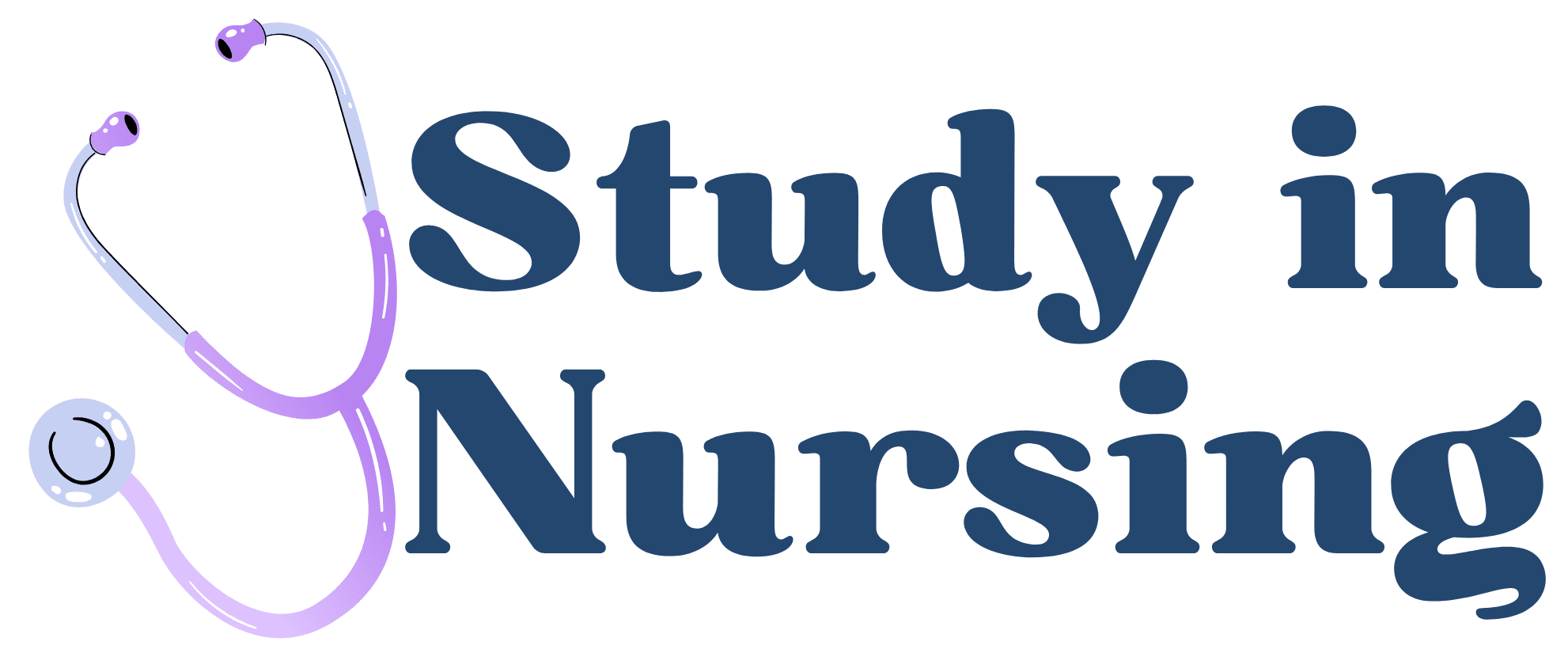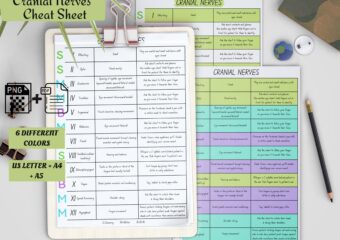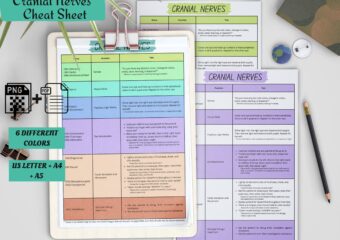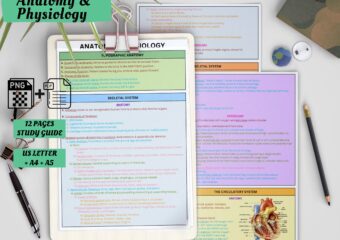Can A Biology Major Become A Nurse Practitioner?
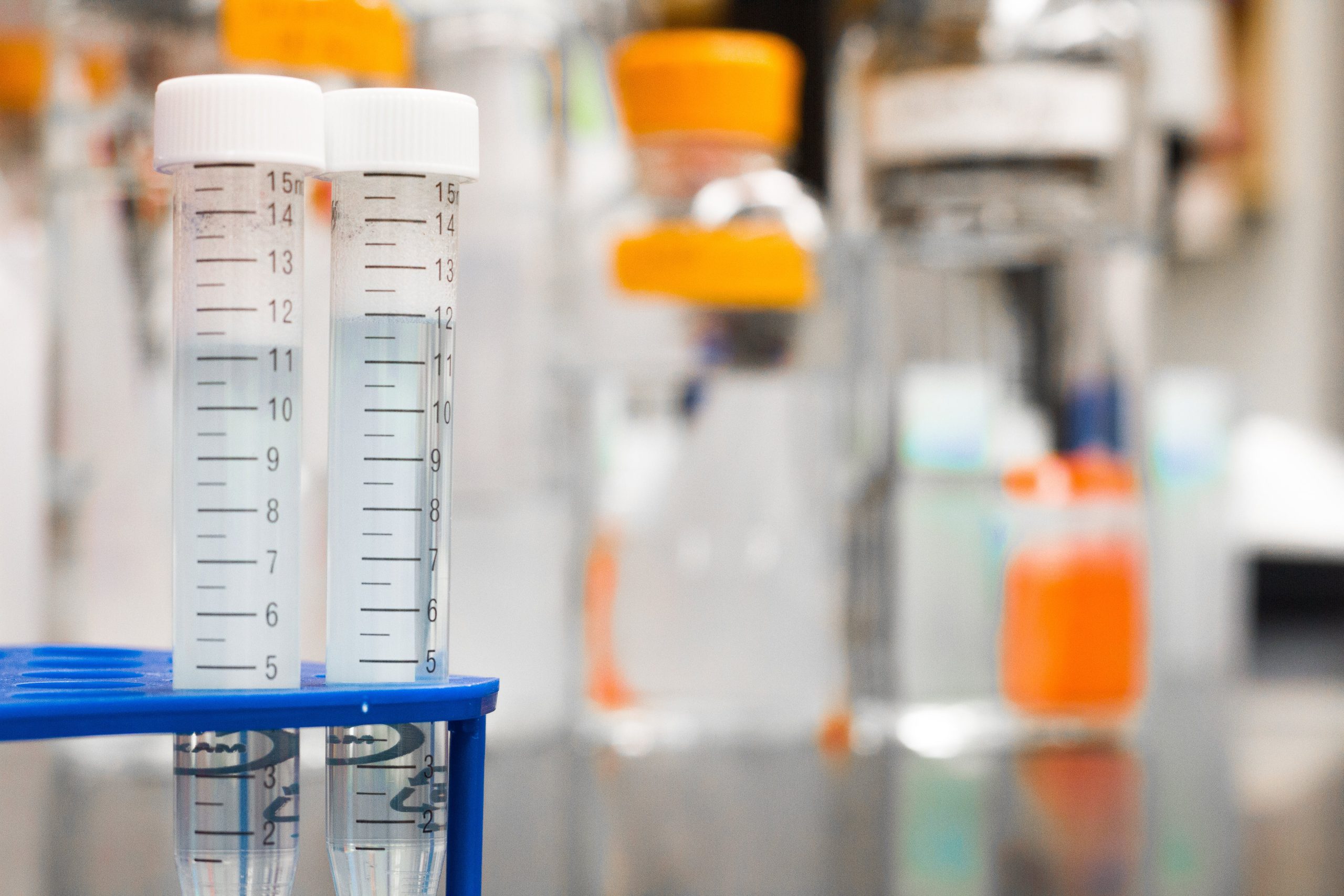
- MICU vs SICU: What is the difference? - March 25, 2024
- Are Nurses First Responders? - March 5, 2024
- What’s the Difference Between a CCU and an ICU? - January 25, 2024
The healthcare sector continually evolves and expands, offering diverse career opportunities. Among these, the role of a Nurse Practitioner (NP) stands out as a vital and rewarding position. Individuals with a background in biology may wonder if this path is accessible to them. This article explores how a biology major can transition into a nursing career, specifically aiming to become a Nurse Practitioner.
How to be a Nurse Practitioner (NP) with a Biology Degree?
For those holding a degree in biology, the path to becoming a Nurse Practitioner (NP) is both challenging and rewarding, requiring a combination of further education, clinical experience, and certification.
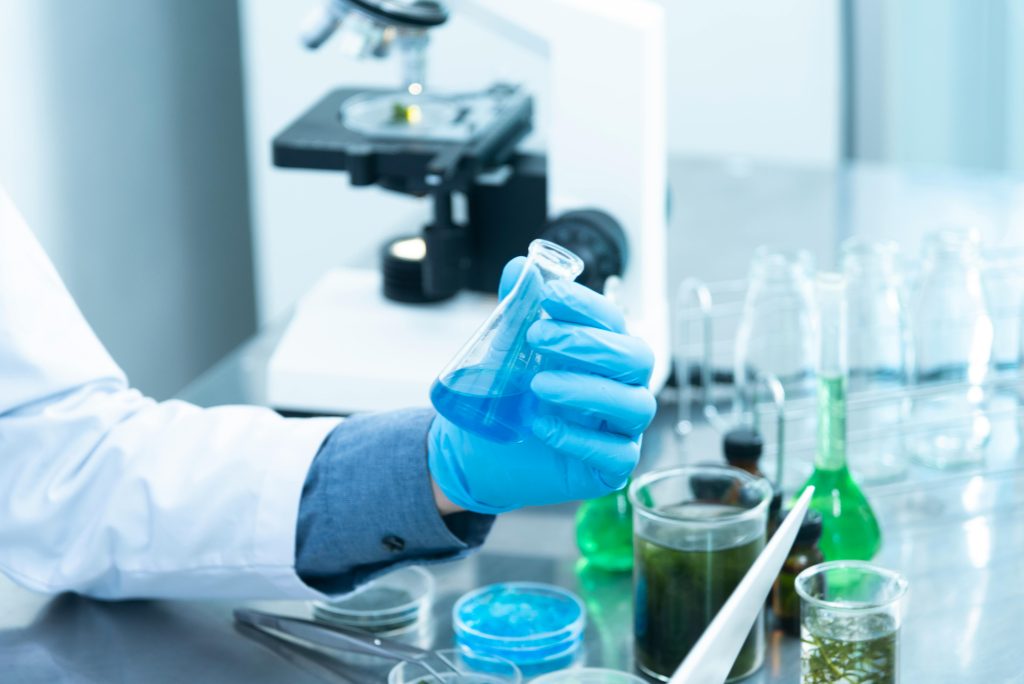
Transitioning from Biology to Nursing: Initially, a biology major needs to bridge the gap between their current knowledge and the specific skill set required in nursing. This involves enrolling in an accredited nursing program. Options include a traditional Bachelor of Science in Nursing (BSN) or an accelerated program. Accelerated programs are particularly suited for those who already hold a bachelor’s degree in another field, as they focus on nursing-specific coursework and can be completed in a shorter time frame, typically 12 to 18 months.
Gaining Nursing Licensure: Upon completion of a nursing program, the next step is to obtain a license as a Registered Nurse (RN). This requires passing the National Council Licensure Examination for Registered Nurses (NCLEX-RN). The NCLEX-RN assesses the knowledge, skills, and abilities essential for safe and effective practice as an entry-level nurse.
Acquiring Clinical Experience: After becoming an RN, gaining hands-on clinical experience is crucial. This experience not only solidifies practical nursing skills but also is a prerequisite for most NP programs. Typically, a minimum of one to two years of full-time clinical experience is recommended. This period allows for the development of critical thinking, decision-making skills, and a deeper understanding of patient care in various medical settings.
Advanced Nursing Education: The final educational step is enrolling in a graduate program to become a Nurse Practitioner. These programs, leading to a Master of Science in Nursing (MSN) or Doctor of Nursing Practice (DNP), offer specialization in areas like family practice, pediatrics, or gerontology. They combine advanced coursework in pathophysiology, pharmacology, and health assessment with supervised clinical practice. The curriculum is designed to develop the competencies needed to provide comprehensive care, including diagnosis and treatment of health conditions, disease prevention, and health management.
Certification and Specialization: Upon completing an NP program, graduates must obtain certification in their chosen specialty area. Certification typically involves passing a national exam administered by a professional organization, such as the American Nurses Credentialing Center (ANCC) or the American Association of Nurse Practitioners (AANP). This certification is essential for practice and is also a requirement for state licensure as an NP.
Continual Learning and Professional Development: The journey to becoming an NP doesn’t end with certification. Nurse Practitioners are expected to engage in lifelong learning to keep up with advancements in healthcare, refine their skills, and maintain their certification through continuing education.
How Long Does it Take to be a Certified Nurse Practitioner?
The time it takes to become a certified NP varies. For a biology major, the journey begins with completing a nursing program to become an RN, which can take 1-2 years (for an accelerated program) or 4 years (for a traditional BSN). After becoming an RN, gaining the required clinical experience can take 1-2 years. Finally, NP graduate programs typically last 2-4 years, depending on whether one pursues an MSN or a DNP. In total, the process can take approximately 6-10 years after the initial biology degree.
What Can Speed Up and Help You Learn?
Efficient learning strategies and resources are vital in this journey. Nursing notes and study guides tailored for nurses can be incredibly beneficial. These resources help in understanding complex medical concepts, pharmacology, and patient care principles. Engaging in study groups, simulation labs, and utilizing online resources such as nursing forums and educational websites can also accelerate learning and provide practical insights. Hands-on clinical experience, mentorship from experienced nurses, and staying up-to-date with nursing literature further enhance learning and skill development.
